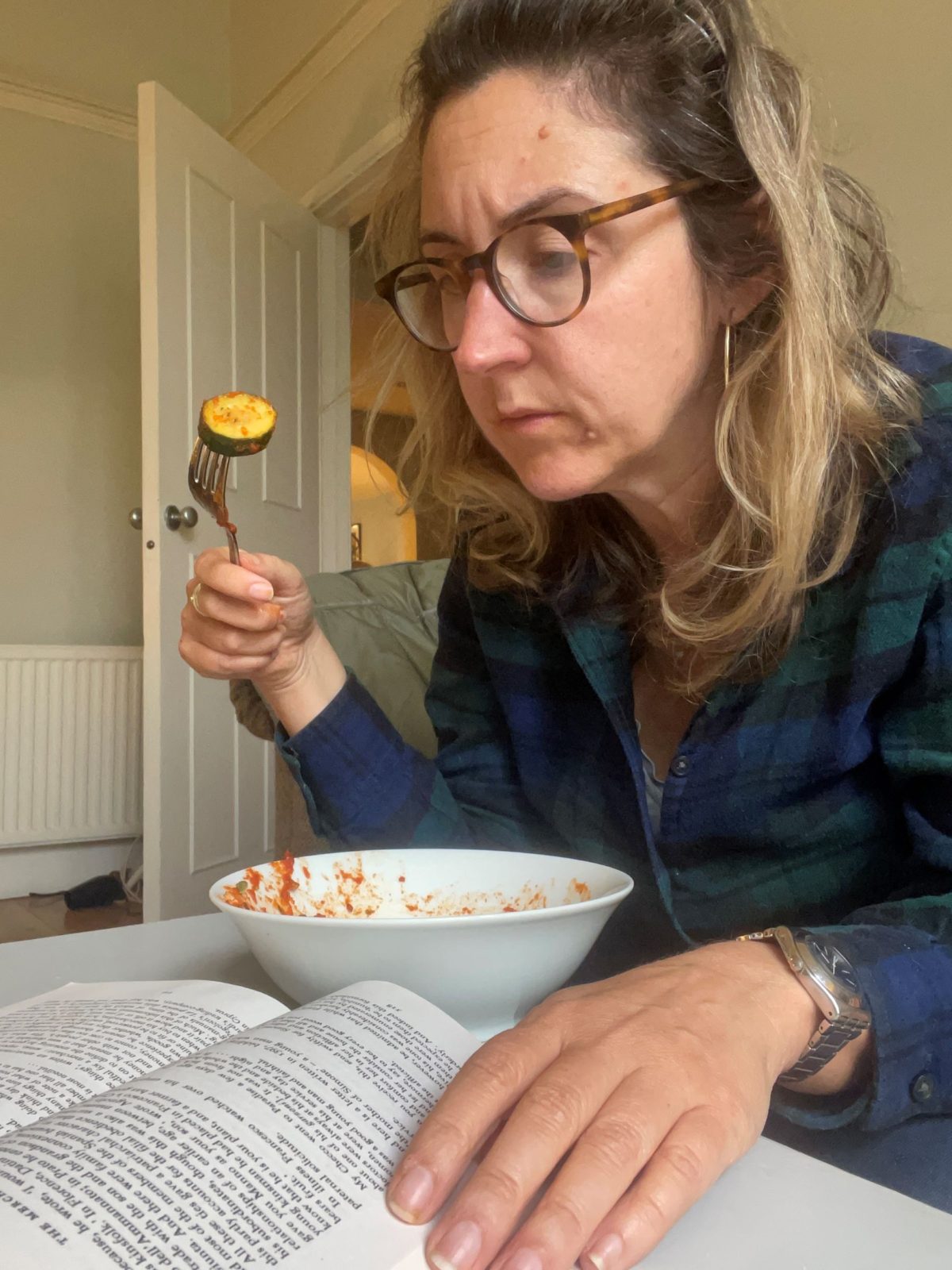Here is a book to make you feel like indeed all your problems are insignificant and death its on its way. It’s non-fiction, based on the 140,000 letters, 500 ledgers, 300 deeds of partnership, and various other paperwork left behind by a 14th century Italian merchant named Francesco Di Marco Datini. This is apparently one of the largest records left behind by any medieval person, and it is truly astounding. His business ventures, his house, his food, his clothes, his private conversations with his wife, his worries, his medical problems, his religious crises. It’s all in there. I don’t know what I thought medieval people were doing with their time, maybe like religious mania and starvation, but apparently they were living full and rich lives that are now completely lost.
Let me give you a flavour. He is a super anxious guy, and here he is to his wife:
Remember to go to bed betimes and rise early and let not the door be opened until you have got up. And look well to everything; let them not go a-gadding. You know what Bartolomea is; she will say she goes one place, and then goes elsewhere. Ghirigora, too, has little sense . .
And here is someone else writing to him when he is getting really carried away with renovating his house, something that even today in Tuscany is called ‘rubble disease”:
Other wise and virtuous citizens do some building, but all except you in moderation! One man has a bailiff, another a friend or a paid overseer. But you are so greedy, you will allow no single groat to be misused, nor a single brick to laid lengthways, when it would look better upright – as if your little house where to be the dwelling place of your immortal soul!
I acquired some interesting historical info too. I was surprised to find that Italians had slaves at this time, actively acquired to replace people who died in the Black Death. Then at another point some town is ‘sacked by a company of free lances,’ from which I guess we get the word freelance? Also, how amazing is that it was standard to write on the first page of all your business ledgers: “In the name of god and of profit”
But I think this history stuff I will quickly forget. What I will remember is the density of his life, the huge anxieties and sufferings and drama, him and I suppose millions of other medieval people, and millions since, all forgotten.

